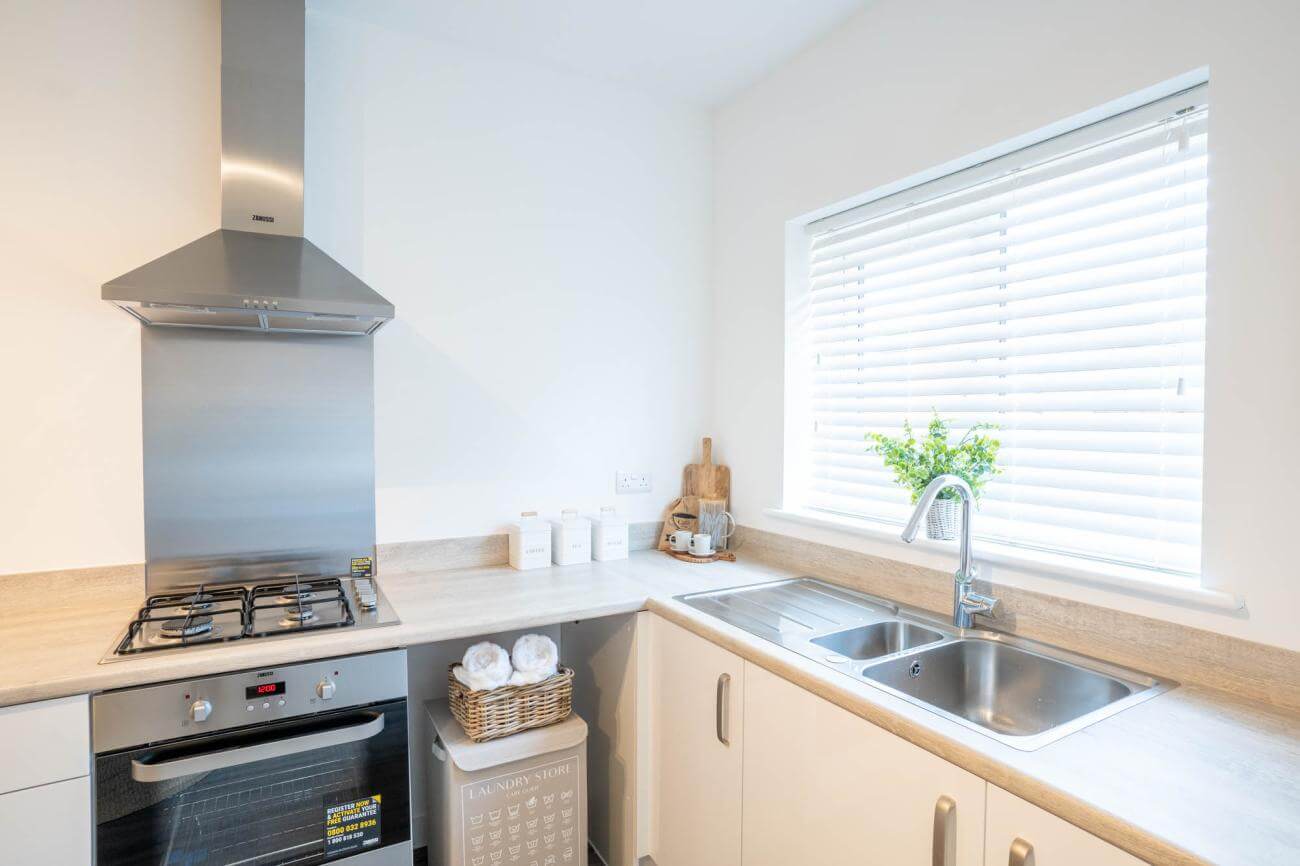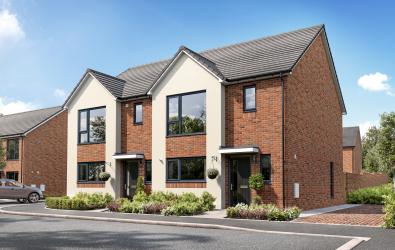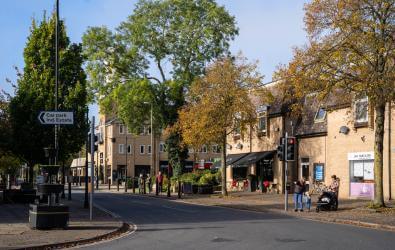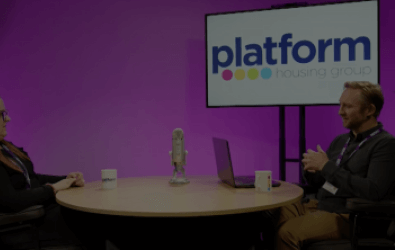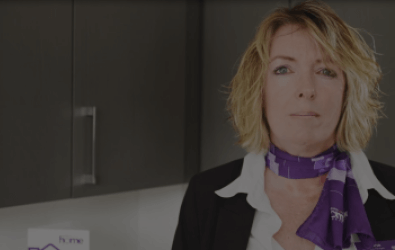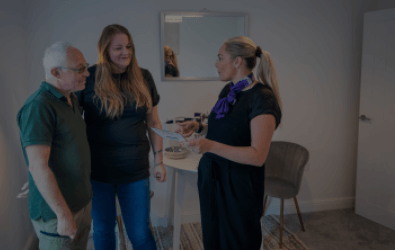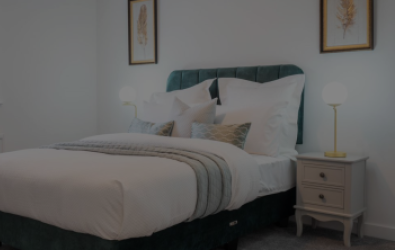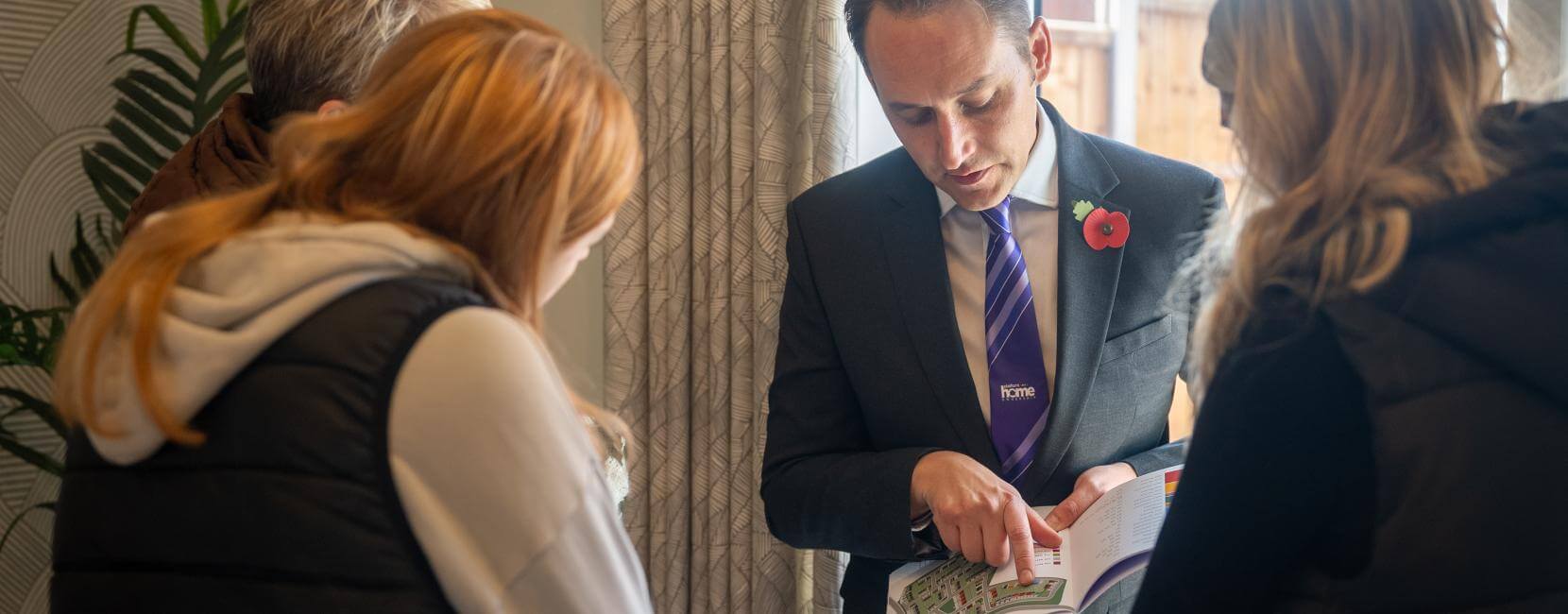
Home Ownership Advice & Guidance
Our helpful guides, FAQ’s and videos are full of useful tips and information for our new and existing customers.
Below you'll find a selection of answers to common questions we hear about our core affordable home schemes - Shared Ownership, Rent to Buy and Staircasing.
Our Buyer Stories
We love celebrating the people that have purchased with us and exploring what it really means for people to finally have their own home. Take a look at some of our favourite stories here.
Read the Stories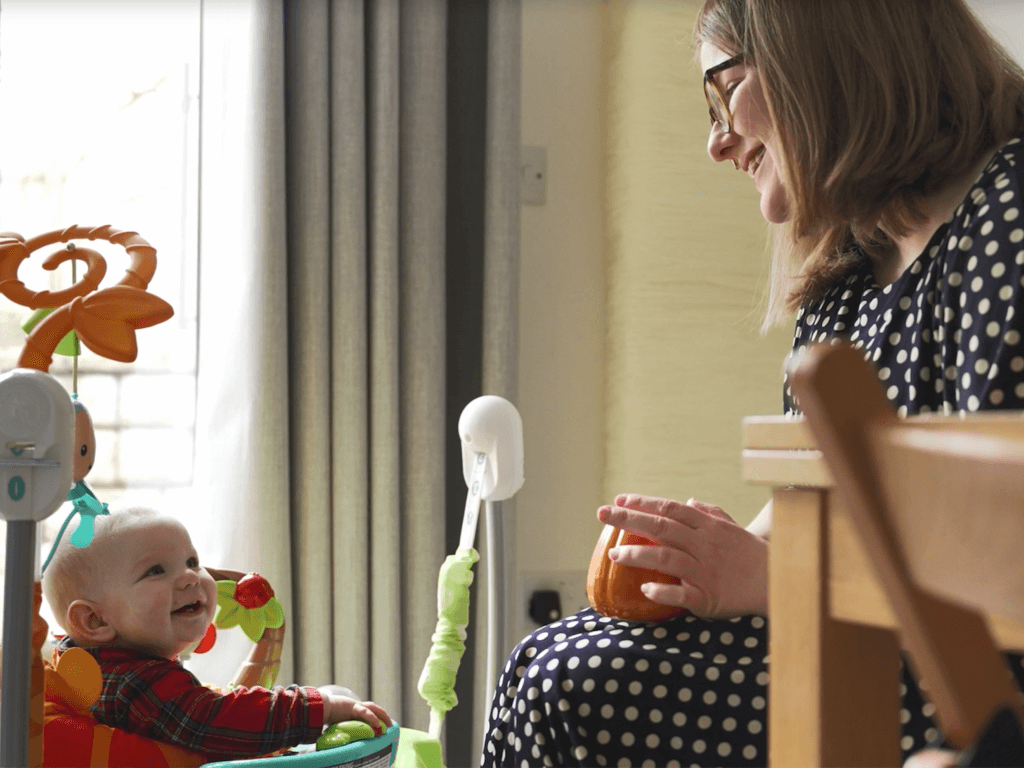

Selling Your Shared Ownership Property
When the time comes to move on, selling your Shared Ownership home is known as a resale. Platform can support you selling your home - from marketing the property to finding the right buyer.
Sell Your Home